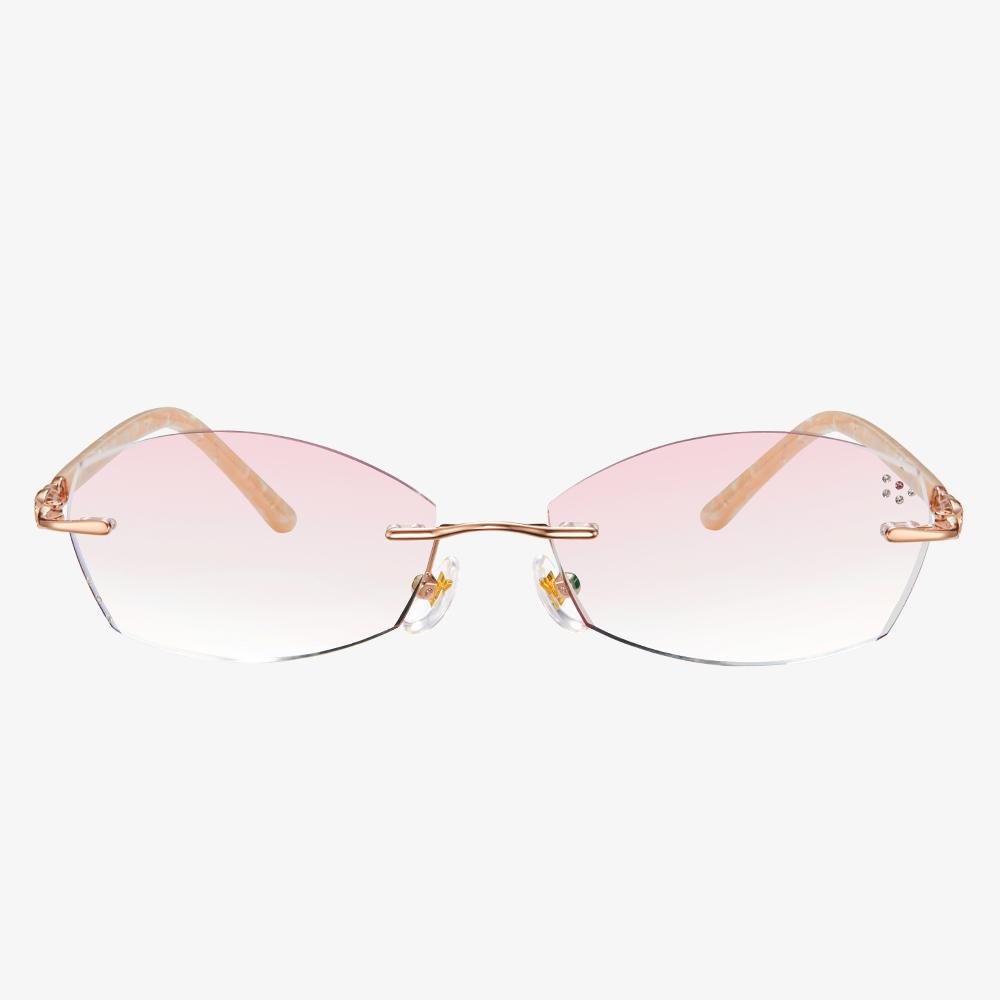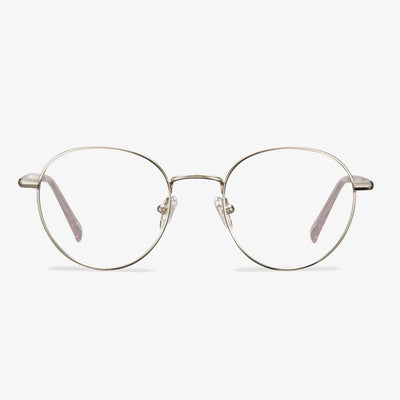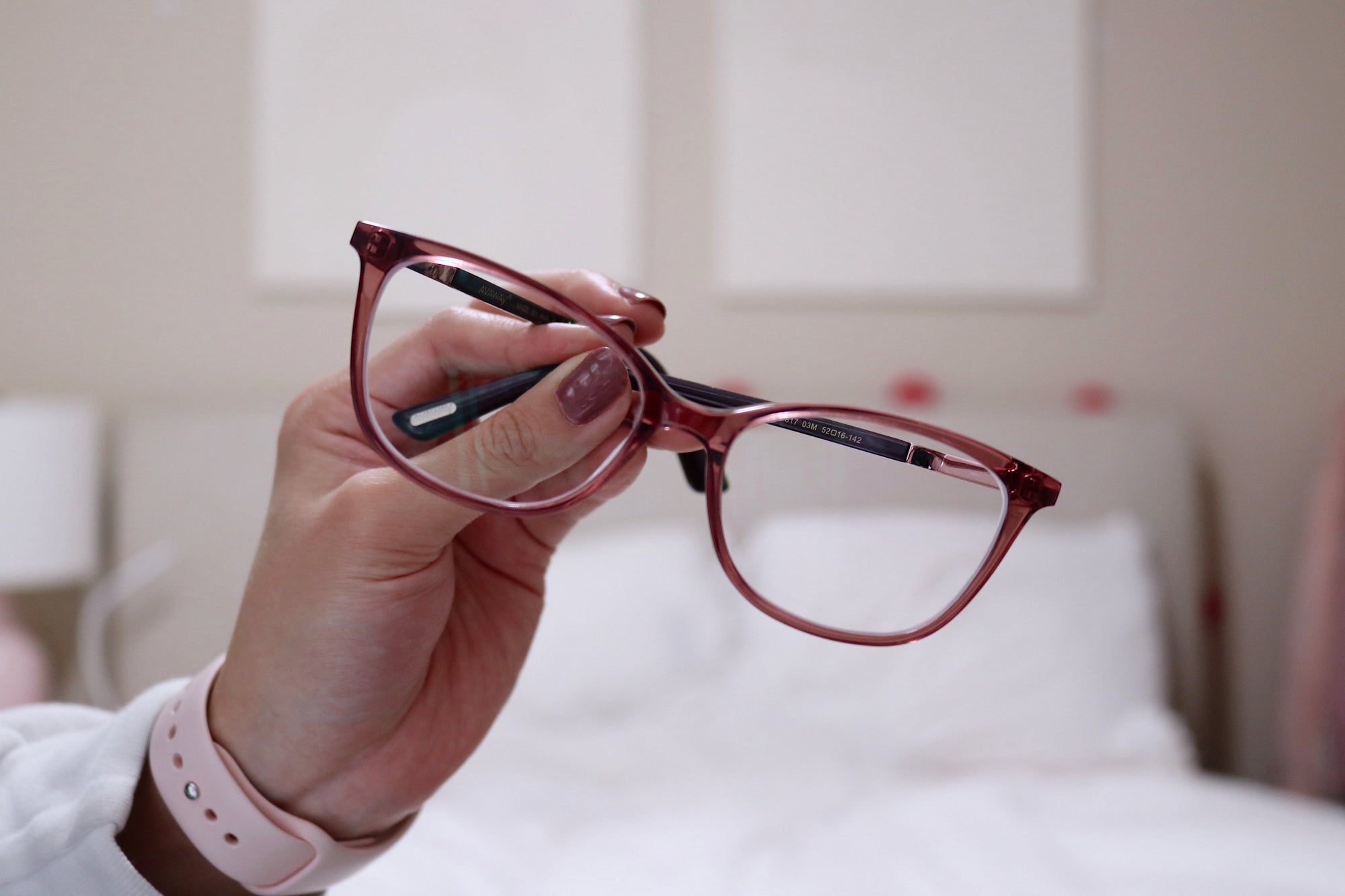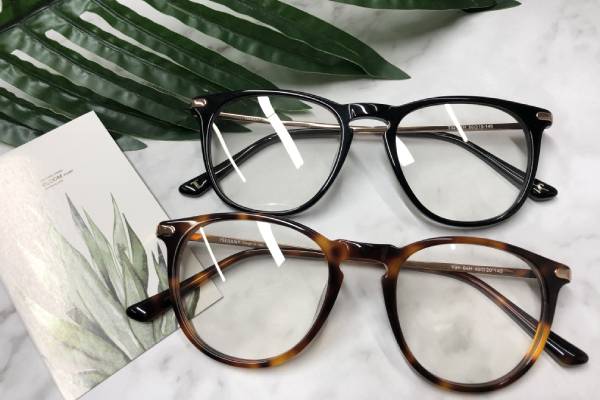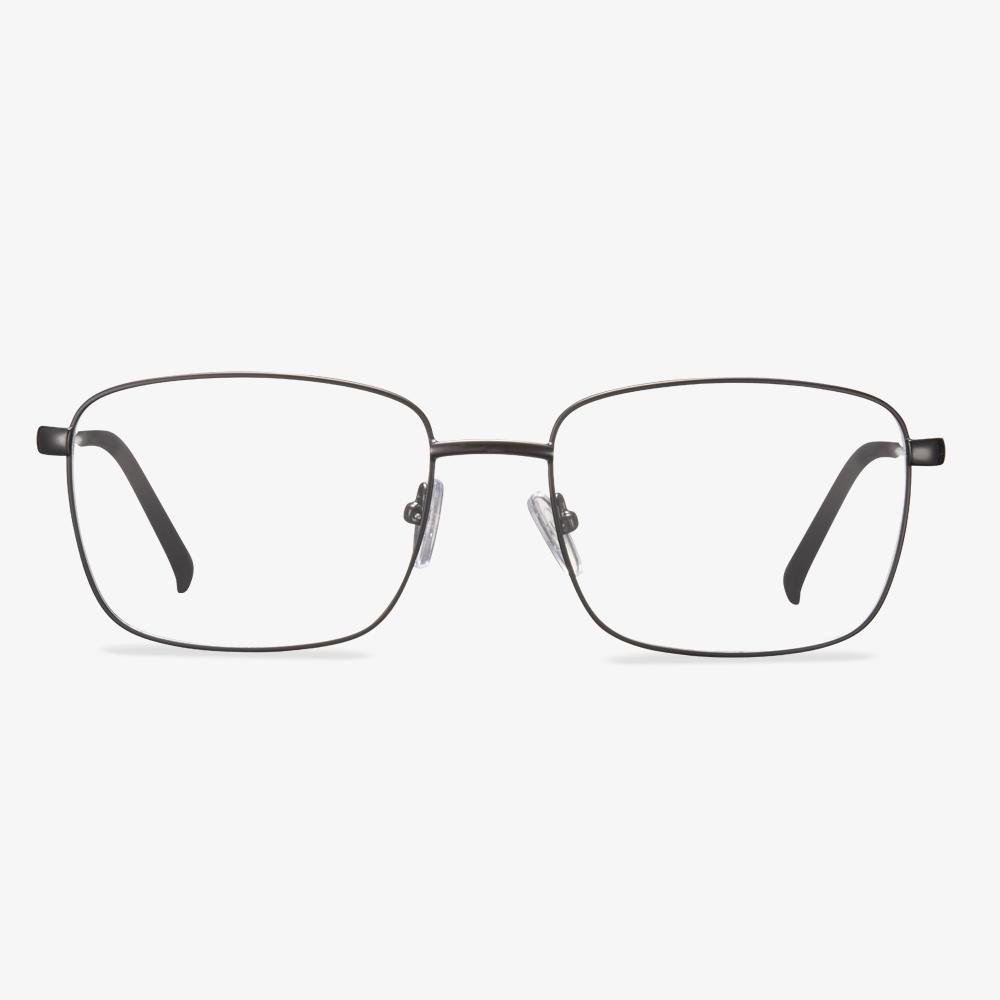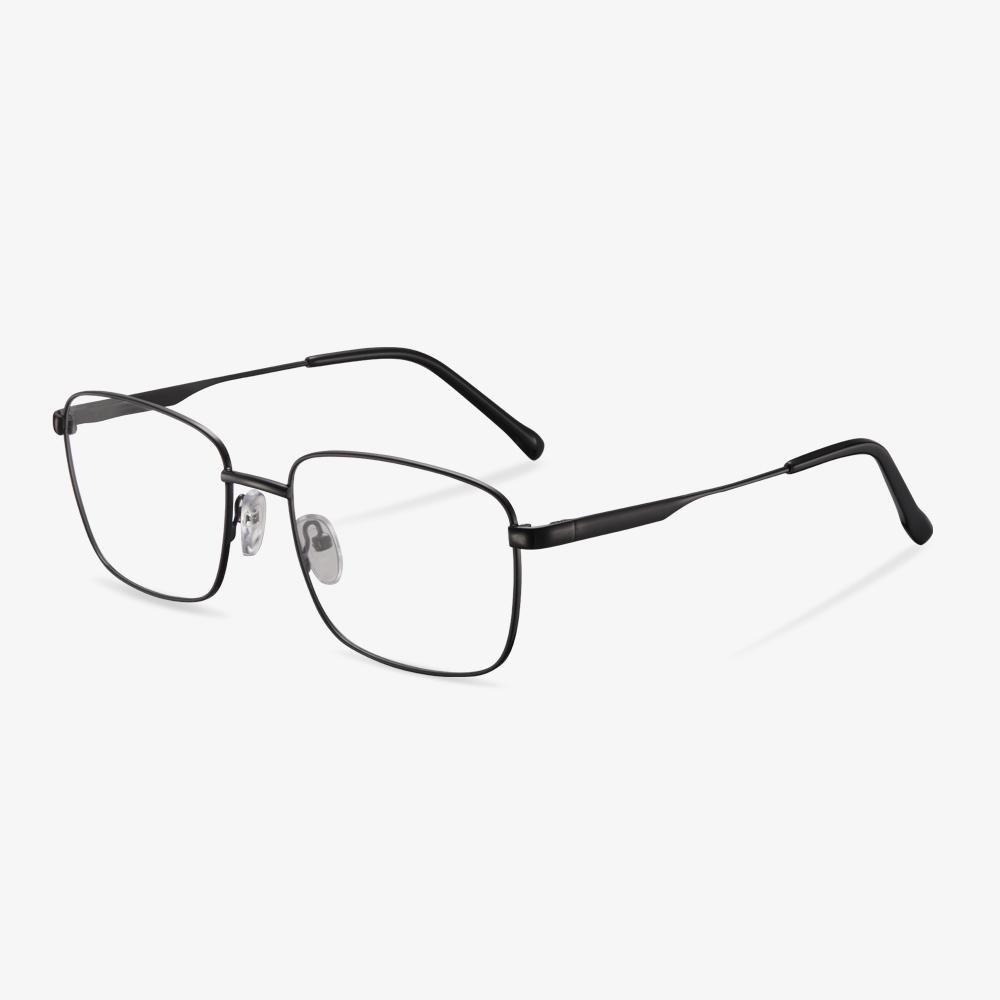Sunglasses For Fishing - Oyea
Oyea is a well-known eyewear brand in China. Headquartered in Xiamen City, Fujian Province, Oyea eyewear is a diversified company integrating design, development, production, and sales. Oyea classifies the products carefully to meet the different needs of customers so that customers have more choices. The brand is the pioneer and leader of sports glasses in China, focusing on the development and sales of eyewear categories. The appearance of this brand filled the blank in the field of domestic sports glasses and opened a brand new situation of category.
What Is Photophobia?
There are a lot of reasons causing our eyes discomforts, such as moving between indoors and outdoors on bright sunny days, staring at computer screens all day, driving at night, or watching TV. If the discomfort worsens over time with accompanying symptoms such as intense pain, excessive squinting, excessive tearing or burning sensations, it may become an eye condition called photophobia or light sensitivity.
One of the symptoms of photophobia is intolerance of light. To some degree, most of us are sensitive to bright or fluorescent lights, but those suffering from photophobia may experience a range of symptoms - from minor or mild irritation to serious debilitating reactions. The symptoms can include dizziness, headaches, migraines, server eye pain, excessive blinking, blurriness, and eye inflammation.
So, they are a few ways to combat photophobia.
Do kids need blue light blocking glasses?
1. American Ophthalmological Association
The American Ophthalmological Association clearly stated that it does not recommend any special glasses. The organization stated that there is no evidence that blue light from electronic devices can cause damage to the eyes. The discomfort that many people experience after watching electronic screens for a long time is due to symptoms such as dry eyes and even blurred vision caused by digital visual fatigue. The symptoms of using electronic products are related to how we use digital devices, not the blue light emitted from digital devices. There is currently no clinical evidence that blue light causes damage to the eyes, and measures to prevent blue light may be more harmful than blue light itself. It is too early to take preventive measures against blue light and may have unintended consequences.
2. British Association of Optometrists
The association believes that there is a lack of high-quality evidence to support the use of blue shaded glasses to improve people's visual performance, sleep quality, relieve eye fatigue, or protect macular health. There is no research on the effect of anti-blue eyeglass lenses on the health of the macula.
3. Chinese Journal of Ophthalmology
If the blue light is excessive, that is, the human eye is exposed to high-frequency and high-energy blue light, it will damage the rod cells. However, the rich blue environment with intensive exposure and the normalized environment are two different concepts. Therefore, it is unscientific to equate blue light with retinal damage. Individualized blue light protection guidance and recommendations should be put forward under different conditions such as different ages, health conditions, and working environments.
How to Choose Glasses for Big Heads?
In this section, we will show you how to choose an eyeglasses frame for large heads. If you do not know how to choose, keep on your reading to find some solutions.
Rectangular frames: Rectangular frames add angle and can slim down the appearance of a larger head. So, if you have a big head, try the rectangular frames glasses.
Oversized frames: if you have a big head, the oversized frames would be a good choice. Oversized glasses will balance out your larger features.
Wayfarer frames: whether your style is retro or geek chic, you will find a perfect fit in trapezoidal wayfarer. The thick angular frames offset rounder cheeks and draw attention down from the forehead. So, if you have a large head, try this style.
When choosing glasses for large heads, you should also find the right shape and color for your signature look and style. While there are a lot of glasses styles for big heads, you should consider glasses with long enough temple length, the length between the hinge of your frames and where they bend around the ear. This measurement is critical for overall comfort, especially on your temples and near your ears.
So, from the above information, you have learned how to choose glasses for big heads.
The Advantages of Aspheric Lenses
From the above, you have learned some basic information about aspheric lenses. In this section, we will show you some advantages of the aspherical lens. Apart from the style of aspheric lenses, most people choose them because the following reasons:
- Improved performance
- Spherical aberration correction
- Slimmer and thinner profile
- More frame options
- Improved image quality
- Sleeker profile
- Lightweight and comfortable
- More natural appearance
- Improved peripheral vision
- Multiple lens designs to choose from
So, aspheric lenses come at a lot of advantages. However, everything has two sides. Hence, there are some negative voices of aspherical lens. Therefore, in the following section, we will show you the disadvantages of the aspheric lenses.
Why do people like wearing rimless glasses?
Suitable for a Variety of Face Shapes. The rimless glasses can perfectly present the lens without the wrapping of the frame, hence, they are very ornamental. Rimless glasses work on all face shapes, even if you have a heart-shaped face, a round face, a square face, or the enviable oval face. Compared with thick-rimmed glasses, rimless glasses do not cover too much face shape and can show the wearer's style and temperament. People with small faces will have a better wearing effect.
What Are Polycarbonate Glasses?
Polycarbonate was developed in the 1970s for aerospace applications and is currently used for the helmet visors of astronauts and for space shuttle windscreens.
Polycarbonate lenses were introduced in the early 1980s in response to a demand for lightweight, impact-resistance lenses. Since then, polycarbonate glasses have become standard for safety glasses, sports goggles and children’s eyewear.
Polycarbonate glasses are thinner and lighter than regular plastic lenses. They also provide 100 percent UV protection and are up to 10 times more impact-resistance than plastic or glasses lenses.
In addition, Polycarbonate lens provides clearer and more comfortable vision if anti-reflective coating is applied to the lenses, which can eliminate distracting lens reflections that interfere with vision, particularly when driving at night or in other low-light conditions when glare sources are present.
After learning some basic information about polycarbonate glasses, we will show you the advantages and disadvantages of polycarbonate lens.

















